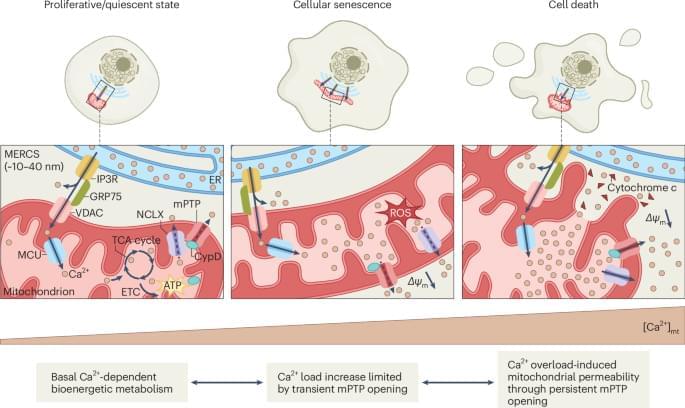Why ditching screens and embracing the outdoors may be the ultimate science-backed longevity hack



More and more people are investing their time and energy into longevity — it’s not just living longer, but living happier, healthier and staying productive well past what has been considered “old age.” McKinsey reports that up to 60 percent of consumers across health and wellness markets say that healthy aging is a “top” or “very important” priority. The movement has created a boost in the health and wellness businesses, and to get an overview of the longevity supplements space, we spoke with Dr. Luke Winegard, the Chief Operating Officer at Longevity Method.
Entrepreneur: What is driving the current boom in the longevity supplement market? Dr. Luke Winegard: Growing consumer demand for health and wellness products is creating explosive growth in the longevity supplement market. Scientific advancements and increasing health consciousness are driving this trend, with consumers now focused on “healthspan” — not just how long they live, but how well they live. The pursuit of longevity has moved from being a niche interest of visionaries to becoming mainstream in 2025.
What does “healthspan” mean and why is it important? Healthspan refers to the period of life spent in good health, free from chronic diseases and disabilities. Today’s consumers are concerned not just about adding years to their lives, but making those years healthy, productive, and vital. This represents a cultural shift toward proactive self-optimization where maintaining energy, cognitive sharpness, and resilience is just as important as achieving physical goals.



We are currently facing the possibility of achieving immortality for humans by 2030. This prediction comes from renowned futurist Ray Kurzweil, who has a history of making accurate predictions. He anticipates that with the ongoing progress in genetics, robotics, and nanotechnology, we will soon have nanobots coursing through our bloodstream, which could enable us to live forever. It’s truly remarkable to consider that this could be a reality within just seven years.
Nanobots, which are small robots sized between 50–100 nm in width, are currently being used in various clinical medical applications. They are used in research as DNA probes, imaging materials for cells, and targeted delivery vehicles for cells. According to Kurzweil, nanobots represent the future of medicine.
They will be capable of repairing our bodies at a cellular level, making us resistant to diseases, aging, and, ultimately death. Additionally, he theorizes that humans may be able to transfer their consciousness into digital form, leading to immortality.
Join us on Patreon! https://www.patreon.com/MichaelLustgartenPhD
Discount Links/Affiliates:
Blood testing (where I get the majority of my labs): https://www.ultalabtests.com/partners/michaellustgarten.
At-Home Metabolomics: https://www.iollo.com?ref=michael-lustgarten.
Use Code: CONQUERAGING At Checkout.
Clearly Filtered Water Filter: https://get.aspr.app/SHoPY
Epigenetic, Telomere Testing: https://trudiagnostic.com/?irclickid=U-s3Ii2r7xyIU-LSYLyQdQ6…M0&irgwc=1
Use Code: CONQUERAGING
NAD+ Quantification: https://www.jinfiniti.com/intracellular-nad-test/


Manipulating senescent cells by eliminating them or by modifying their activity has attracted huge interest for its potential to delay or even treat many age-related diseases, and to improve healthy aging. Mitochondria, and in particular their calcium levels, have emerged as key regulators of cellular senescence, cell death and the balance between the two, and might constitute targets for novel strategies to stifle the viability or properties of senescent cells.
